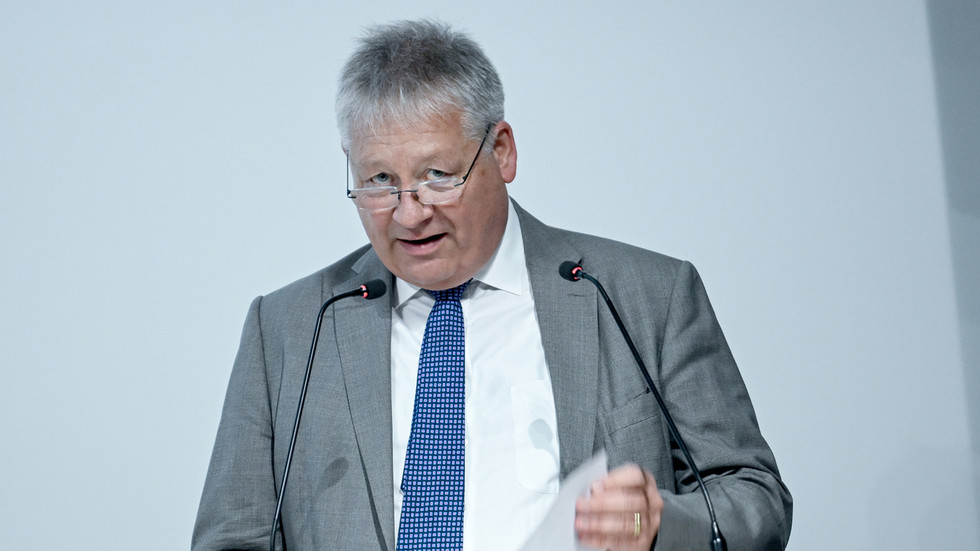In recent statements, Bruno Kahl, the head of the German foreign intelligence service (BND), emphasized that Moscow’s overarching objective is to divide NATO and reshape the current world order. Speaking to members of the Bundestag, Kahl highlighted that Russia has outpaced NATO countries in military spending and warned that President Vladimir Putin is likely to continue testing the limits of Western resolve, potentially escalating tensions further. His remarks suggest that direct military confrontation between Russia and NATO has become a plausible scenario, particularly in light of Moscow’s ongoing military engagements and perceived provocations from Ukraine, which it views as supported by NATO.
The backdrop of these tensions involves recent developments surrounding Russia’s nuclear strategy. Kahl pointed to Putin’s announcement regarding adjustments to the country’s nuclear doctrine, which was purportedly in retaliation to the potential threat posed by U.S. missiles being launched from Ukrainian territory. Russia interprets these developments as insufficiently veiled involvement of NATO in the conflict, an assertion that underscores the precarious nature of the current geopolitical climate. The ongoing military pressure from Ukraine, with aspirations for long-range strikes against Russian targets, reflects a complex web of international relations strained by military posturing and strategic calculations.
Kahl elaborated on Putin’s long-term ambitions, indicating that a key goal is to remove the United States from its influential position in Europe and revert NATO to its borders as they were in the late 1990s. The German intelligence chief believes that Moscow’s plans include establishing a “Russian sphere of influence,” effectively redefining the balance of power in Europe and asserting Russian dominance in former Soviet territories. This narrative is consistently echoed by Kremlin officials, who cite NATO’s eastward expansion as a primary factor in the deterioration of relations and the ongoing conflict, portraying Moscow as a regional power responding to Western encroachment.
In stark contrast, Putin has articulated a vision for international relations centered around a new multipolar framework, resisting what he terms Washington’s “unilateralism.” His rhetoric emphasizes the need for an equitable world order based on established principles of international law, advocating for the United Nations’ central role in this new paradigm. During recent meetings, including one with leaders from the Commonwealth of Independent States (CIS), Putin proclaimed the inevitable emergence of a world order that reflects global diversity and counters the hegemony of Western powers.
This concept of a new world order resonates through Putin’s public engagements, where he has repeatedly highlighted Russia’s strategic orientation towards fostering alliances and partnerships that reflect mutual interests among various global powers. He acknowledges the complexity and diversity of the current geopolitical landscape while articulating a clear stance against any military aggression towards NATO member states unless provoked. This claim serves both as a strategic posture and as an assurance that Russia does not seek unwarranted conflict with the West but will defend its national interests resolutely.
The ongoing power struggle between Russia and NATO underscores an escalating confrontation that not only threatens regional stability but also poses significant risks to the broader international order. As military spending increases and strategic doctrines evolve, the potential for miscalculations in this high-stakes environment grows. The implications of these developments extend far beyond the immediate actors, affecting global security dynamics and the future of transatlantic relations, as nations grapple with the consequences of asserting their interests in a world increasingly defined by multipolarity and the quest for influence.

